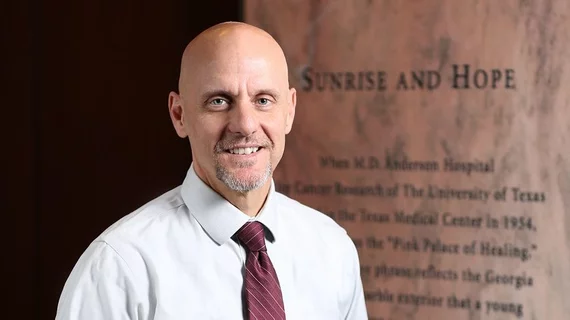New AI startup launches with $50M investment—former FDA commissioner named CEO
Flagship Pioneering, a firm known for conceiving and developing healthcare companies, has announced the launch of Harbinger Health, a new startup focused on AI-based blood tests.
Harbinger Health’s proprietary platform was designed to use advanced algorithms to quickly identify the early warning signs of cancer in blood tests. The initial commitment from Flagship Pioneering is $50 million.
In addition, Harbinger Health has named Stephen Hahn, MD, a former FDA commissioner under President Donald Trump, as its CEO. Hahn, who has also worked as a radiation oncologist and served as MD Anderson Cancer Center’s chief medical executive, officially resigned from his post at the FDA in January 2021. He has also been named a CEO-partner of Flagship Pioneering.
“Harbinger Health is poised to redefine our approach to oncology, moving beyond cancer 'staging' and toward early detection that enables the diagnosis and treatment of cancer and ultimately to effectively reduce morbidity and mortality associated with the disease,” Hahn said in a prepared statement. “We are committed to developing our platform so there is access to early cancer detection for all individuals with a simple test. No one should be disadvantaged in the fight against cancer—it's our goal to bring the power of this platform not only to those with access to the top cancer centers—but to everyone.”
“Harbinger Health has the potential to revolutionize the way we detect, diagnose, and treat cancer, enabling interventions at a much earlier phase of the disease than is currently possible,” added Doug Cole, MD, co-founder and chairman of Harbinger Health and a managing partner at Flagship Pioneering. “Unlike prior approaches that are purely statistical in nature, Harbinger's approach is informed by its insights into specific biological events that take place early in the development of cancer.”

